Indoor Cat Lifespan Male Part Siberian. Age Lifespan, Indoor, Gender – Male, Section, Type – Siberian. Siberian cats are majestic, have magnificent, soft and sleek fur and many of them have excellent dispositions and assimillate to the family.
As a Siberian cat owner I am not aware of how many years my cat friend has got the potential to live further and what is required of me to let the Siberian cat live a full, healthy and happy life.
There is, however, one thing I’ll ensure here and that is you will be interested in results and realistic ways to improve the quality of your Siberian’s life. The good news? Siberian cat breed possess good health and considerable long life span especially when the cat does not go out and is fed well.
Key Takeaways
- Indoor Siberian cats have no genetic diseases and they have average lifespan which is between 12 and 15 years up to seniority.
- All these components of physical condition seriously affect the life span and health in the animals.
- Siberian cat males like any other cats should be neutered so they do not pose any health and behavioral issues.
- Like most other diseases or obesity, various kinds of heart diseases or a kidney ailment can diminish your cat’s life span.
- Siberian cat has to go the vet to be checked up, knows what is going on in the head and is alive.
Understanding the Siberian Cat Breed
What Makes Siberian Cats Unique?
The Siberian cat is a natural breed purebred cat originating from Russia, the cat has lived in Siberian forests. Perhaps, hearty Siberians are as popular for their thick triple layer coat, impressive size and cannot-help-but-bounce energy of owners. These are cats that were adopted by the International Cat Association in 1992, and today are loved for being hypoallergenic and friendly.
Average Siberian Cat Lifespan
| Life Stage | Age Range | Key Care Considerations |
|---|---|---|
| Kitten | 0–12 months | Proper nutrition, vaccinations, socialization |
| Adult | 1–8 years | Regular check-ups, exercise, balanced diet |
| Senior | 9+ years | Monitor health closely, manage chronic conditions |
Factors Influencing a Siberian Cat’s Lifespan
1. Indoor vs. Outdoor Living
Free roaming or indoor SIBERIAN cats can be said to live longer than the other cats that are allowed to go outdoor. Outdoor cats face risks such as:
- Traffic collisions
- Such contacts being FIV or FeLV for instance
- Injuries from other animals
It reaches for its food with its front paws and dropping things is one of those risks that are left behind when the decision is made to stay indoors The Siberian should be kept indoors at all times.
2. Diet and Nutrition
Every aspect of Siberian cat care starts with food. They are obligate carnivorous and hence their diet has mainly been protein.
Feeding Your Siberian Cat
- Select the formulated cat foods that have one of the following ingredients first on the list:.REGARDING WATER: Do not confuse water content with moisture, this is because there is a big difference between the two.
- It is found rich in vegetable protein, low in carbohydrate which is often described as the complex carbohydrate linked to low grade foods.
- In order to get all nutrients necessary for your pet’s healthy life and keep his teeth healthy, you need to give your pet both wet and dry foods.
Common Dietary Concerns
- Obesity: Feeding your pet too much or feeding your pet too many treats is also not good because they leads to over weight and over weight leads to diabetes and arthritis.
- Urinary tract issues: It is advised that you feed your dog enough water and wet food to avert such states.
| Food Type | Benefits | Drawbacks |
| Wet Food | Hydration, easier digestion | Higher cost, shorter shelf life |
| Dry Food | Convenient, promotes dental health | May lack hydration |
| Raw Diet | Natural, protein-rich | Risk of contamination |
3. Preventive Healthcare
Regular Vet Check-ups
Siberian cat being a healthy breed or not, a Siberian cat requires periodical vet checkups. It may also help to avoid such a future health condition, which may be dangerous to the cat or kitten in your care.
- Kittens up to the age of one year should be taken for health checkups or what is known as well-controlled checkups.
- Such conditions may include; They may need veterinary check-ups twice a year because of their growing age.
Vaccinations and Parasite Control
- The vaccine against diseases like FIV, and rabies.
- Infections caused by parasites can be avoided by administering flea as well as tick preventatives.
4. Genetics and Breeding
Bengal cats themselves have some genetic diseases as other breeds such as outcrossing Purebred cats Including Siberian cats through which the cats have Hypertrophic Cardiomyopathy (HCM). To minimize risks:
- Choose a good breeder, who mentions that certain purebred dogs will be prone to genetics diseases.
- You should also avoid those breeders which you cannot produce any health clearances to prove their healthiness.
5. Exercise and Mental Stimulation
Physical Exercise
Siberian cats are transported and active. Provide opportunities for exercise to prevent obesity and maintain muscle tone:
- Have them play with those lasers toys or go climb trees or try to solve some kind of puzzles.
- Make sure the cat learns how to walk on a leash as the cat would probably spend most of his time outside.
Mental Stimulation
Mental stimulation prevents boredom and anxiety:
- Rotate toys regularly.
- Some people would like new or advanced food-dispensing puzzles so that breakfast time can be more interesting.
Common Health Issues in Siberian Cats
However, for a breeder, it must be noted that like every other cat, the Siberians are also prone to certain diseases and disorders that may compromise their lives and spans. Here’s an in-depth look at these common issues:
1. Hypertrophic Cardiomyopathy (HCM)
Hypertrophic cardiomyopathy is a breed-related disease that occurs in ‘purebred’ cat breeds and is also found in Siberians. It occurs when muscles of the heart chambers become henchman and the organs ability to pump is restrained.
Symptoms to Watch For:
- Lethargy: Sneaking is one of the signs you might find your cat less energetic than it used to be, or your cat might play less than it used to.
- Difficulty Breathing: Among them are if a case bargains much time on breathing or if an individual feels a cutoff point to breathe.
- Sudden Weight Loss: High blood pressure may be due to a heart problem, and losing some pounds in weight and cannot explain why.
Prevention and Management:
- Regular Heart Screenings: So, ultrasound in veterinary rounds should be employed to diagnose this disease in the early stage for raising the likelihood of your cat.
- Alphabetic medicine might be prescribed medications for heart failure and disease symptom regulation.
2. Kidney Disease
Feline renal disease is not a rare disease and is predominant is cats that are aged and has an impact on their health in many ways. This is the reason, because kidneys lose their ability to filter out poisonous chemicals from the blood and they cause the accumulation of wastes.
Signs to Monitor:
- Increased Thirst: One of the main signs is if the patient has been drinking more water than he or she used to before.
- Frequent Urination: Researchers have pointed out that it is a sign that could suggest that the kidneys are slowly deteriorating.
- Weight Loss: Loss of appetite and weight loss may be attributed to kidney disease.
Preventive Tips:
- Feed your cat a balanced diet to ensure is well hydrated for wet food has so many benefits for the kidneys.
- Blood and urine samples should be examined regularly, and, at least, twice a year since cats are of a younger age.
3. Obesity
For instance Siberian cats can easily gain weight especially if they are taken inside the house this will lead to other diseases such as diabetes, arthritis, and heart diseases.
Causes of Obesity:
- Giving the dogs as well much food or also giving them many treats.
- Sedentary lifestyle or rather neurological inactivity.
Preventive Measures:
- Monitor Calorie Intake: Pet feeding should be supervised by a vet; you should not give your pet high calorie foods.
- Daily Exercise: Exercise by giving play time and engaging activities which include climbing, chasing toys, or walking on leash etc.
4. Dental Issues
These are general health of your Siberian cat and dental health but such issues may not easily be observed by most people. Infection or gum diseases that are not treated or managed may lead to pain, tooth loss, and disease in an individual’s body.
Symptoms of Dental Problems:
- Bad breath.
- Difficulty eating or chewing.
- Red or swollen gums.
Care Recommendations:
- Brush your cats teeth on a regular basis using supplies that are created for cleaning cat’s teeth and tooth paste.
- You may need need to take your pet to the vet’s office once every year for check up and dental care if required.
Extending Your Siberian Cat’s Lifespan
This paper explores how care is provided to the Siberian cats so that they can lead healthy long lives upon being adopted. Here’s how you can ensure your Siberian companion thrives for years to come:
1. Proper Care and Nutrition
Siberian cats are healthy and live long when they are fed on quality diet and if their homes are clean. Their animals have to get the food that has all or some of nutrients in the required nutritional profile discussed by the Association of Association of American Feed Control Officials (AAFCO).
Key Tips:
- Balanced Diet: While compiling the cat food to feed your pet ensure that it has some quality sources of proteins, vitamin and minerals. Be certain it is for cats only since brands provide different formulas for different animals with the same name.
- Portion Control: Overfeeding would pick your feline up some dress, therefore it is crucial to divide the portions with the correct nutrient portion size depending on the cat’s age and weight, recommended by the vet.
- Avoid Harmful Foods: Chocolate, onions, garlic is not good for your cat and you should not feed them to the cat.
2. Create a Safe Indoor Environment
Staying indoors minimizes factors which include; incidence of accidents, getting injured or even falling sick. Yet, it is quite possible to make the indoor environment challenging and secure for your Siberian cat.
How to Enhance Your Cat’s Indoor Life:
- Scratching Posts: Work on this need and give them the possibility to scratch on the walls to satisfy this need and to save your furniture, of course.
- Climbing Shelves: They need games, so give them climbing shelves or a cat tree they can play with.
- Cozy Spots: Include some comfortable areas in the living ambiance your cat prefers to lay on.
- Remove Hazards: Ensure that there is no poisonous plant grown around the surrounding compound such as lilies or sharp and small objects.
3. Manage Stress
Here it should be important to note that stress plays an enormous role on the immune system and health of the cat. However, to some extent, your Siberian cat has to be as stress-free as it can be to help prevent specific diseases.
How to Reduce Stress:
- Routine: Ensure that when feeding, playing or grooming your French bulldog that you keep to normal working day time.
- Quiet Spaces: Properly establish a small area where kitty may go when she wants to, or when the cat starts becoming too active.
- Engagement: Spend your time engaging with your Siberian in an effort to orient yourself and deal with loneliness.
4. Regular Grooming
Are Siberian cats blessed with an environmentally friendly gorgeous, silky, thick layered fur that requires brushing every day? While grooming is important in maintaining the coat, it is of paramount importance in enhancing, for, and often the very existence of your friendship with your cat.
Grooming Essentials:
- Brush Regularly: Always use premium bristle brush to minimize the formation of matting and high frequency hair ball formation. Ideally on daily basis but then no less than two to three times a week especially during the shedding period or when you are using a new product.
- Check for Issues: You can use grooming to touch your cat, feel for skin diseases, lumps or signs of parasite infestation.
- Fur Maintenance: These animals do not regurgitate hair balls if they are regularly groomed and their coat is well grown and healthy.
Key Comparisons: Indoor vs. Outdoor Cats
| Aspect | Indoor Cats | Outdoor Cats |
| Lifespan | 12–15 years (or longer) | 5–7 years |
| Health Risks | Low (vaccinated and monitored) | High (exposure to diseases, predators) |
| Mental Stimulation | Requires effort (toys, playtime) | Natural environment provides stimulation |
My Opinion
In what I’ve learned about them in my endeavor of being a fur parent, justling on them with the right care, good nutrition and rigorous preventative measures are what can change the world to your Siberian cat.
Should your male Siberian cat be given the required heed and quickest safe indoor environment your Siberian cat is expected to lead a healthy, robust life, which may last for 12 to 15years or more. Now let me disappoint all those who love making generalizations about cats – every cat is unique.
Heath consequences are likely to be different between individuals depending on genes and other requirements. But one thing that I am completely sure about and this is that when it comes to cat care love, commitment and effort that the cat caretakers invest does pay off and the cats they are taking care of do receive the best quality of life to their twilight years.




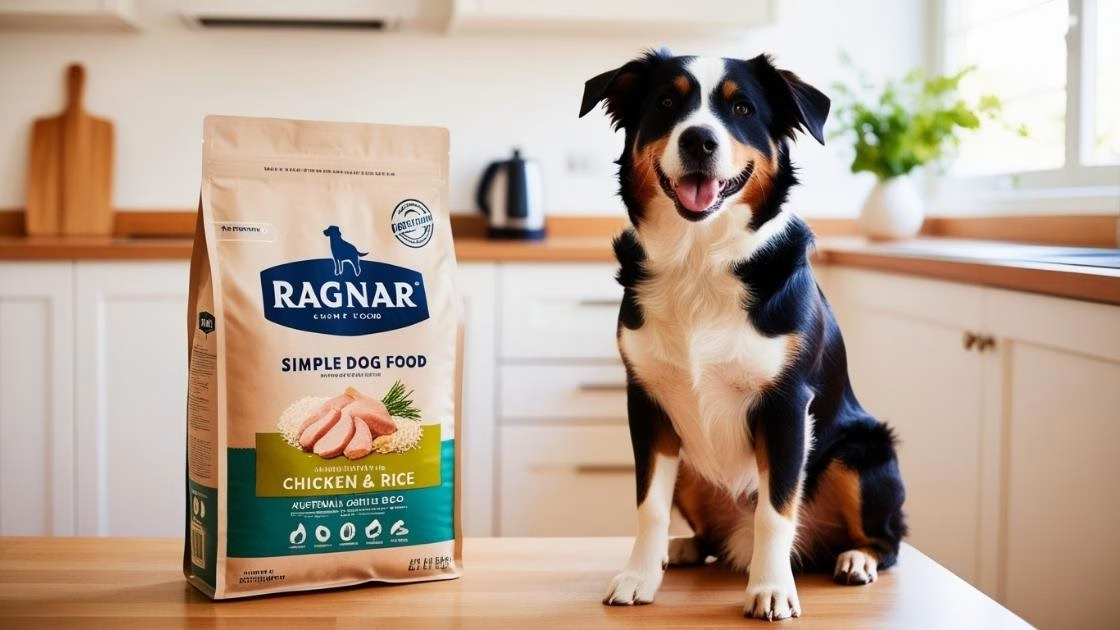
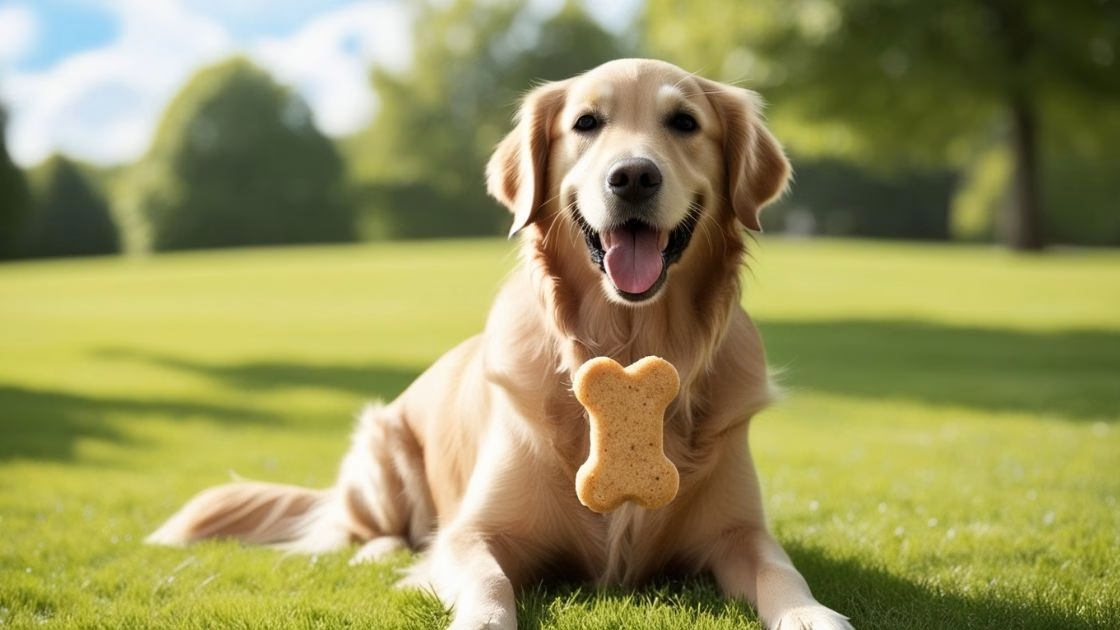
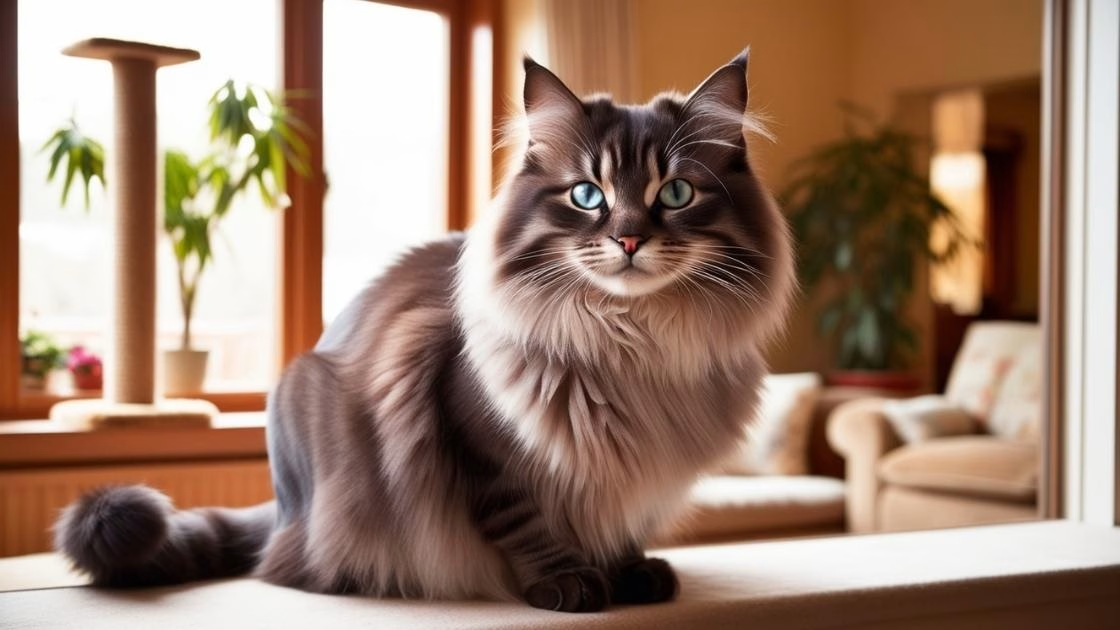
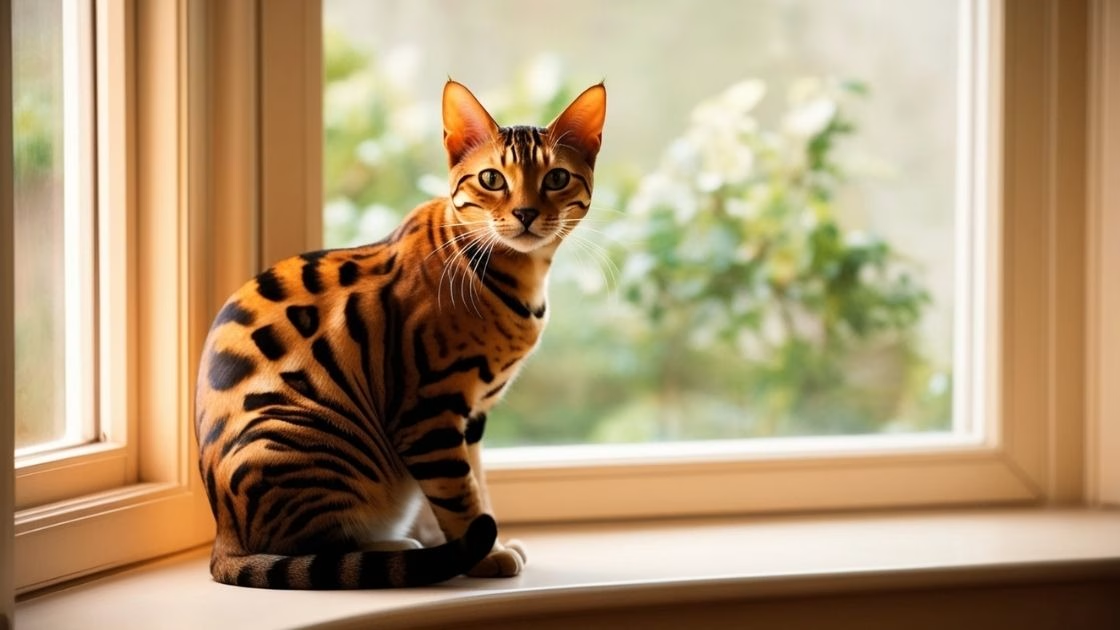

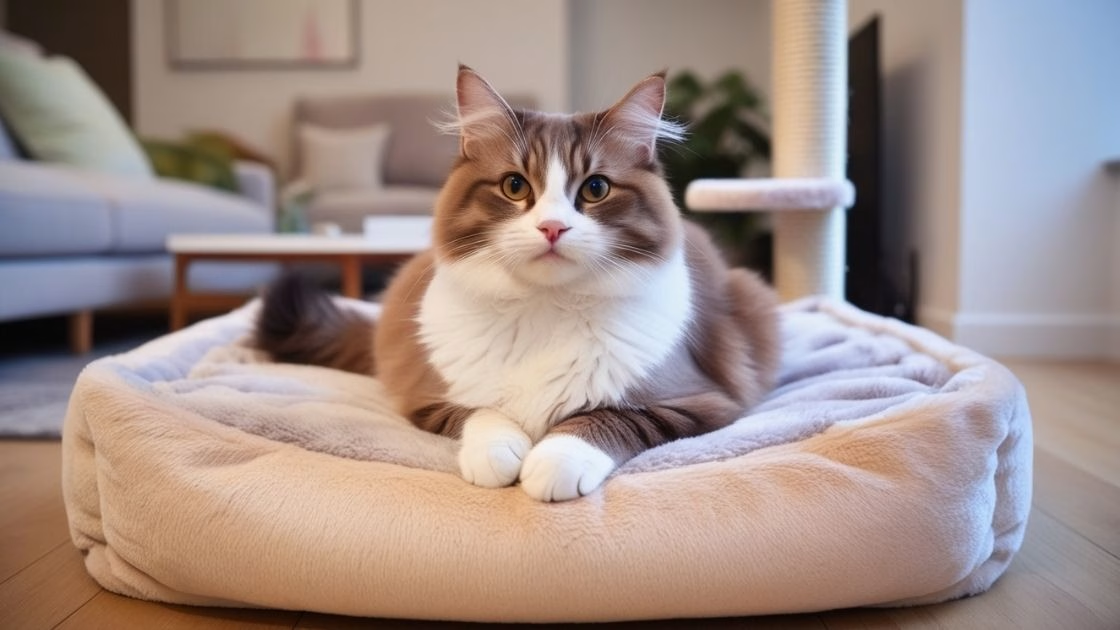
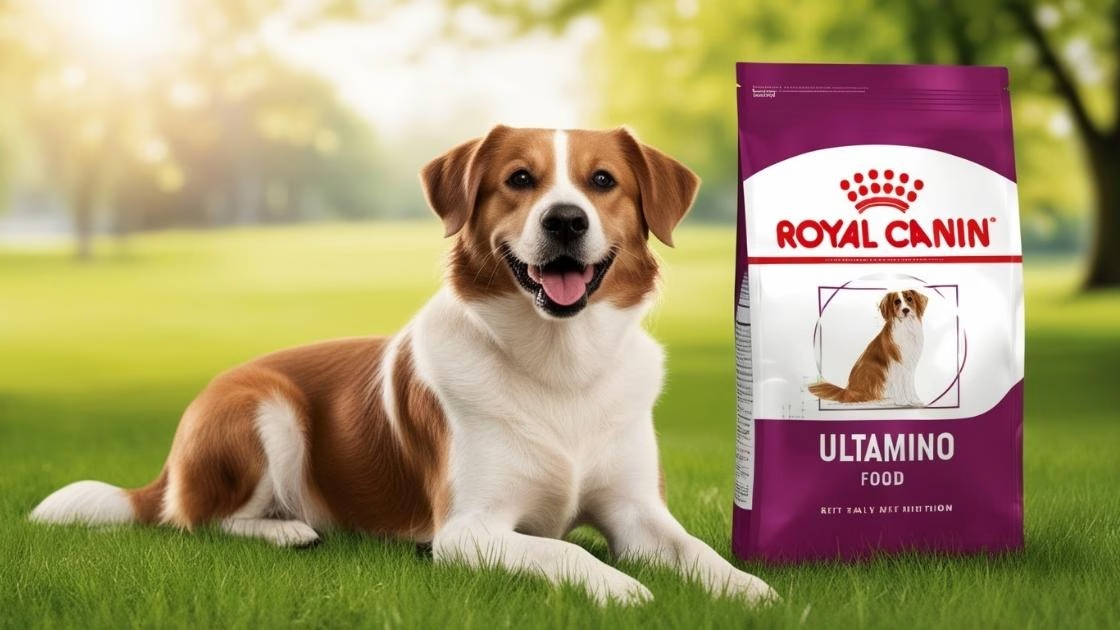
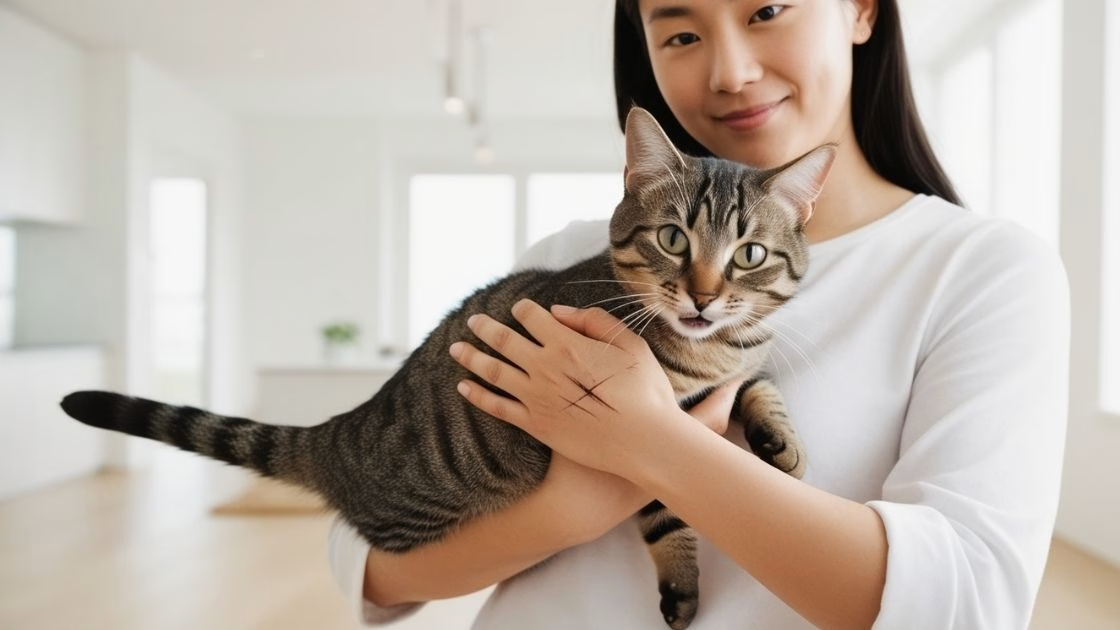

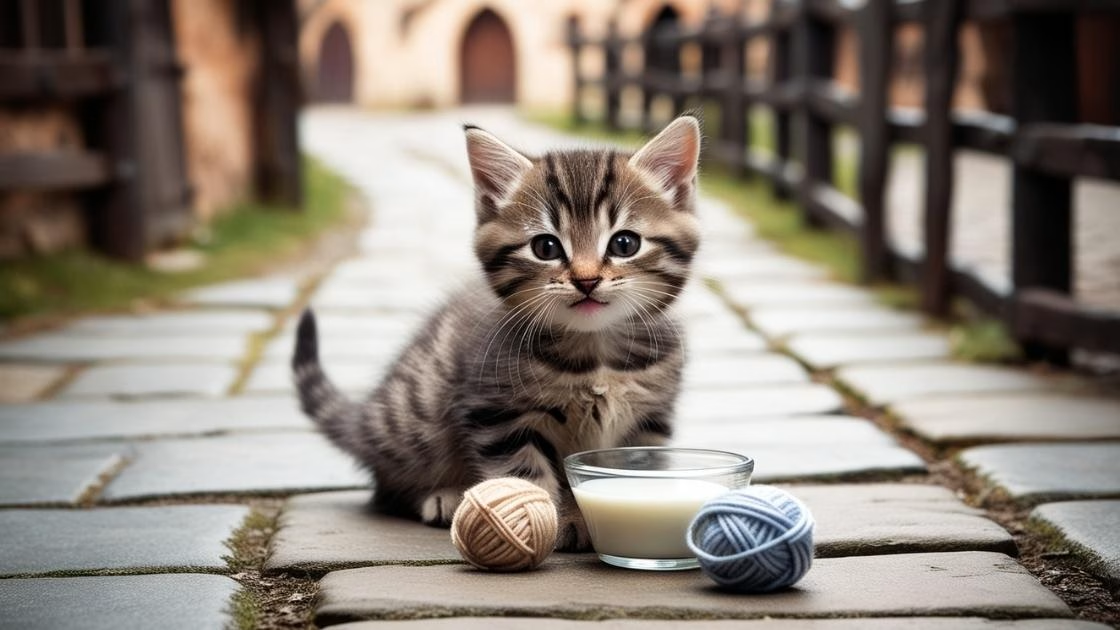
Leave a Reply
View Comments